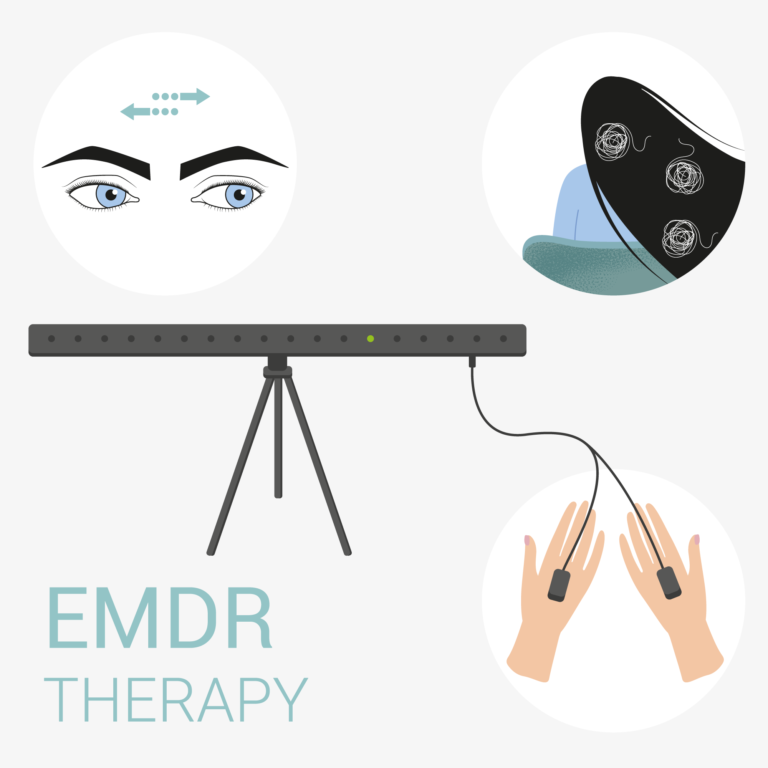
Why Does EMDR Work?
Neuroscientists and researchers continue to study the question of why EMDR works. There are currently some interesting hypotheses as to why EMDR is an effective treatment modality.

Neuroscientists and researchers continue to study the question of why EMDR works. There are currently some interesting hypotheses as to why EMDR is an effective treatment modality.

Since the time of Freud, the “talking cure” has been the tried-and-true methodology for addressing mental health concerns. Accepted wisdom dictates that no matter the life challenges one is navigating, talking about it will help make it better. I will not disagree that many problems in life can be made better by talking them out. Having an unbiased person who truly listens, and who can offer objective advice is invaluable. Great insights can be had in this manner. Simply talking about trauma, however, even in a therapeutic setting, is not sufficient to address the profound impact trauma has on both the psyche and on the physical body.

Trauma triggers one of our most primal drives instilled in us by evolutionary biology – the survival instinct. When an event occurs that includes a threat to our existence (either perceived or real as both are experienced the same way in the limbic brain), the body-mind system records every sight, sound, smell, and body sensation present in addition to the emotional/physical states experienced at that precise moment. It is then processed through the lens of one’s biological/emotional age at the time of the occurrence, which is also “frozen” in memory.

Trauma has been called the unseen wound. Through my work with multitudes of people over the years, I have found this to be all too true. The impact that trauma has on a life carries on long after the events that wounded have been regulated to the past. The ache continues and the hurt continues. Feeling that the world is an unsafe place continues, and the feeling that we as individuals are “damaged goods” and unlovable continues. Concretely, we see trauma impact one’s relationship with self, through difficulties in connecting with others on an authentic emotional level and in poorer physical health as compared to individuals with no trauma history. Let’s take a look at each of these in turn.